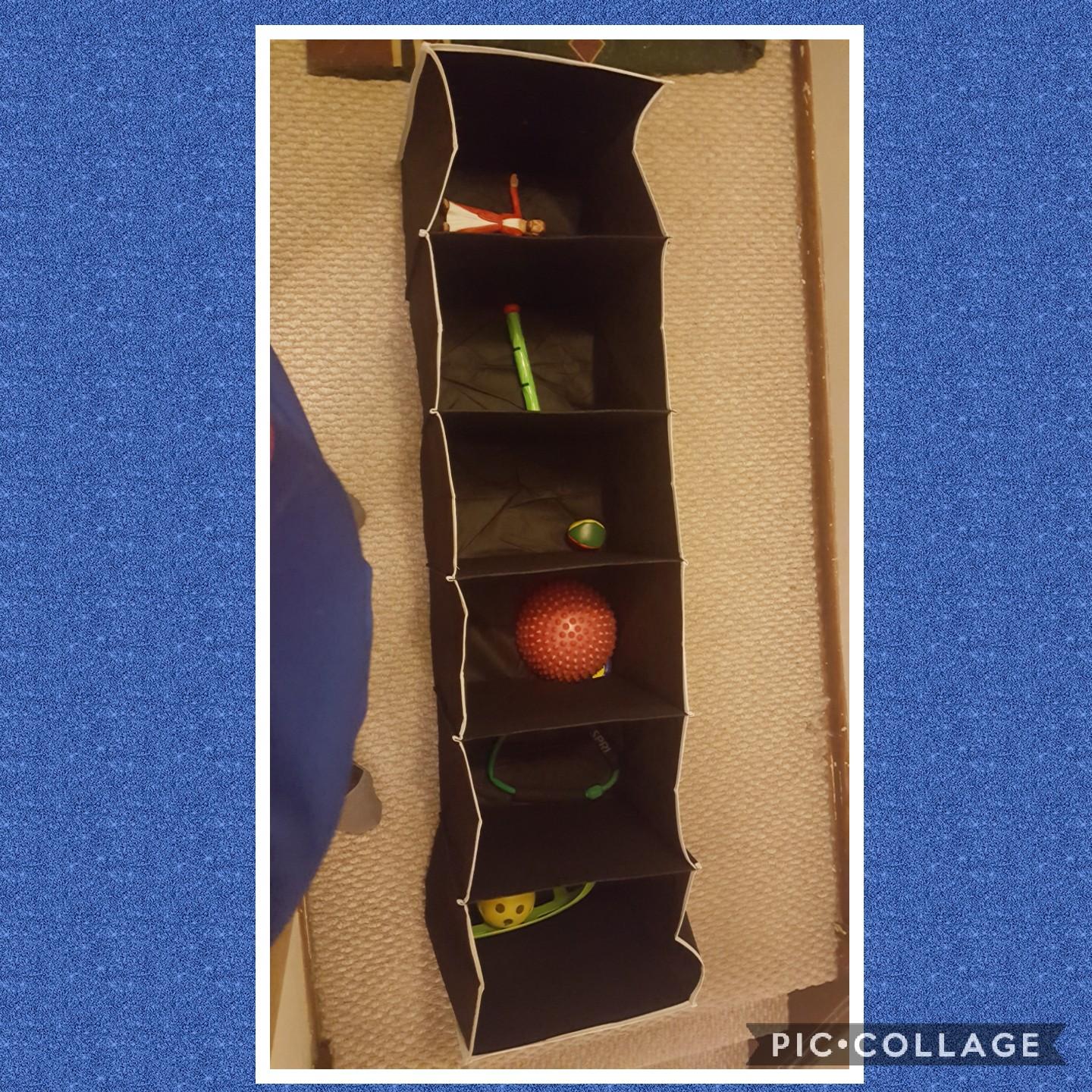“It’s not my job to sell people, it’s my job to train people”
With words like pushy, annoying, sleazy and yuck springing to most peoples minds when they think of a salesperson, it’s little wonder personal trainers hate being associated with this label.
And with the rise of more and more people becoming personal trainers in today’s already saturated market, getting reoccurring paying clients can be almost as difficult as getting a perfect squat.
So can you really be a successful personal trainer with lots of paying clients without being the ‘pushy’ salesperson?
Have a look at the top reasons why personal trainers aren’t salespeople and what can be done about it to create the perfect balance between the two titles.

1) You like to give your potential client ALL the training options available and let them choose for themselves.
“I don’t want to come across as too pushy”
Because only sneaky salespeople don’t tell the full story, right?
Lots of options isn’t always a bad thing, and naturally, we want to be transparent with our potential clients but have you ever heard of choice paralysis?
It’s a real thing.
Check out this famous jam study if you don’t believe me;
In a California market, Professor Iyengar and Co. set up a booth of samples of jams. Every few hours, they switched from offering a selection of 24 jams to a group of six jams.
30 percent of the people who had sampled from the small assortment decided to buy jam, while only 3 percent of those confronted with the two dozen jams purchased a jar.
Why is does this happen?
Because people suck at making decisions.
On average we make 35,000 decisions a day.
Why not make this one about health and fitness an easy one for your prospect to make?
You’re the professional here, they’re looking to you to make a recommendation, and so they don’t have to agonize over whether it was the right decision or not.
So how can you do this while keeping your moral compass intact?
- Ask questions to uncover their wants/needs.
- Offer 2-3 (basic, standard, platinum) options only.
- Recommend the one you believe to be the best suited based on what your prospect has told you.
“Janie, these are the 2-3 options that I believe would best suit what you’re looking for. However, based on what you told me about wanting to lose 20lbs for your wedding in June, this is the one I’d recommend for you.
2) You think that if they want training, they’ll ask for it. There’s no need to ‘sell’.
If you’re still under the impression that ” I give good workouts and that should sell itself” and be wondering why you’re eating tins of baked beans for your protein while the sales staff are eating steak, this statistic might be the reason why;
The number one reason people don’t buy is that 63% of the time they are not asked
After you’ve presented your 2-3 training package options, don’t forget to follow it up by asking your new client which one they’d like to take.
However, don’t mistake the ‘asking’ aspect with a closed-ended question such as “Are you ready to sign up today?” or “do you want to train with me?”
Use an option-close instead;
“Janie, these are the 2-3 options that I believe would best suit what you’re looking for. However, based on what you told me about wanting to lose 20lbs for your wedding in June, this is the one I’d recommend for you.
Which one of those options works best for you?
3) You believe your client buys from you based on your educational background.
” If they just knew what I knew, then they’d definitely buy from me”
Is knowledge really the key when it comes to selling personal training?
Contrary to popular belief, just because you have your degree behind you, it doesn’t equate to you automatically becoming a successful trainer.
In fact, some of the most successful personal trainers I’ve met have had very little (some even none) educational background in the field.
Being a good trainer doesn’t come from telling people anything.
It turns out, the majority of people don’t care about you or your background.
They care about themselves.
Their pains.
Their goals.
So back away from telling prospects about what you can do or have done, and move towards listening, motivating, and building relationships with people- and that’s what people buy
4) If someone asks how much you charge, you tell them. Duh.
“I don’t have time to sell, they either can afford it or they can’t”
Don’t you just hate when you call somewhere simply looking for the price and they won’t give it to you?
It’s so annoying and so salesy.
And of course, you don’t want to be one of those people.
So why do prospects ask for the price straight off the bat?
Is it because they actually want to know how much you charge?
Not necessarily.
The question of ” how much do you charge?” is usually because they don’t know what else to ask.
And let’s be honest, it’s kind of awkward when someone calls, asks for the price, you tell them, and then…click.
Not much else happens after that except a potentially awkward moment of “so you wanna come by and check it out?”
Next time you get asked the price question try this;
- Acknowledge that you’ve heard their request
- Tell them the average cost per session/per month,
- Then get back to finding out what they really came in for (hint: it’s not actually the price).
“Sure, I can definitely help you with that. Training packages are an average of about $40-50 per session, but it depends on a variety of different things…”
Find out what your would-be client is really looking for by asking questions instead of giving prices.
“….what’s your experience been with working with a trainer before?”
“…what fitness goals are you working on right now?”
“…what’s important for you when choosing a trainer?
“….are you looking for training just for yourself or for someone else?”
5) You don’t follow up with people who’ve already said no because they obviously don’t want personal training.
“Let me know if you need any help”
Seems pretty obvious right?
You met with a potential client, you did your consult, you showed them the price options, they gave you some form of “I need to think about it/I’ll call you” and that’s it.
If they want training, they have all the info plus your phone number.
So what’s the big deal?
Why would you need to follow-up?
44% of people give up after the first no, but yet 80% of prospects say no four times before they say yes.
Why is this?
Again- because people suck at making decisions.
If the biggest reason you’re not following up is that you don’t want to come across as ‘pushy’ then remember this;
This lead became a lead because they needed help, and if you don’t help them, you hurt them.
You didn’t pick their number out of the phone book (I hope), their name and number came to you because they reached out because they needed your help.
You need to help them make a decision.
Create some urgency when you follow up and have a purpose for following up.
E.g. your schedule is filling up, promotional price is expiring, sooner they start training the closer they’ll be to reaching their goal for summer…
Have something that’s worth calling them for rather than just ‘following up’ to see have they changed their mind.
If you’re avoiding reaching out to the people that didn’t buy in the hopes that now the prospect has all the info, they’ll come looking for you when they’re ready, guess what:
People suck at making decisions.
(Oh, have I said that already?)
6) You’re not the salesman type. Your job is to train people, not to sell them.
“I hate selling. I hate that feeling I get when I try to sell to someone. I feel like a failure everytime someone doesn’t buy from me”
I know, when you took up the role of personal trainer you thought it’d be more training people and less selling…..anything, right?
And that degree you got didn’t teach you much about how to sell your services did it?
But why are you so opposed to sales when you’ve been selling your entire life?
You’re selling your kids on why they should eat their veggies.
They’re selling you on why they shouldn’t.
You’re selling your boss on why you should leave early on Friday.
And you have definitely sold your parents more than once on letting you wear that outfit or hang out with those kids.
We think of sales as sleazy, cheesy, and slimy. But that’s view is outdated.
The bad rep that sales have formed was in a world where the seller had more information than the buyer.
However, in today’s day and age, nothing could be further than the truth.
Dan Pink (author of To Sell is Human) says it perfectly;
“We now live in a world not just of buyer beware but also of seller beware.”
“If we recognize that all forms of work are a form of sales in a broader sense, we can get past this outdated stereotype.
What’s more, success in this realm now depends much, much less on tricks and hoodwinked than on some fundamentally human capabilities.”
Once you stop avoiding the ‘sales’ part of personal training and start realizing that you are not selling, but helping someone to; live longer, avoid a heart attack, run around after their kids, have more confidence, be happier, avoid depression (the list, as you know, is endless) you’ll start to notice it’s a whole lot easier to be a ‘salesperson.
Was this Article Helpful?
If this article was helpful to you, please consider linking this article to your own blog or sharing this through the social buttons below. You will also find other great articles at “Business“.
- 106shares
- 6Facebook
- 0Twitter
- 99Pinterest
- 1LinkedIn
Claire Garrigan
Known as the ‘girl with all the right questions’ that has the ability to uncover the motives for why people buy and to overcome objections before they become objections, she has continually found herself in the top 3% of the fitness industry nationwide for PT and membership sales.
She now runs an online resource for fitness professionals who want more ways to sharpen their sales skills without the ‘used car salesman’ vibe.
Latest posts by Claire Garrigan
- You’re Right, Personal Trainers Aren’t Sales People! - August 14, 2017


















